Sports stars share their stories with UK students
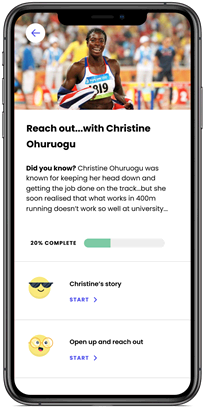
FORGET PHYSICAL FITNESS: 2020 is the Year for #EmotionalFitness say Sports Stars
Olympic 400m champion Christine Ohuruogu and other sports stars will share their emotional fitness stories with UK students through the Fika app
Forget physical fitness – 2020 is the year for emotional fitness, according to Olympians Christine Ohuruogu MBE, Samantha Murray and Abdul Buhari; rugby stars Greg Bateman and Abi Chamberlain; and Team GB rower Beth Bryan.
The sports stars will kick off the new year by joining forces with emotional fitness app Fika to share their stories with UK university students, in a bid to improve young people’s emotional fitness.
Featured in the app as audio and video clips, the stories will outline how some of these inspiring role models have learnt from failure, overcome challenges and built emotional muscle in order to thrive.
Like other content in the Fika app, the stars’ stories aim to offer students an emotional education to complement their degrees – improving their academic performance, boosting their employability and arming them with important life skills.
Each audio story in the app will be accompanied by a series of emotional workouts, designed by expert psychologists to help students learn from, reflect on and act based on the athletes’ experiences.
Former Olympic 400m champion Christine Ohuruogu’s story for students is about the importance of reaching out for help:
“As a 400m runner, I was programmed to be warrior-like and unfazed by competition,” said Ohuruogu.
“This might have worked in the Olympic stadium – but outside of sport, it’s worked against me. Learning to be more vulnerable has really strengthened my relationships. I want to encourage students to open up and reach out for help when they need it.”
“Student life is tough – and just as it does for athletes, students’ emotional fitness matters as much as their physical fitness,” said Ohuruogu, who recently completed her law degree at Queen Mary University of London.
“There are a lot of parallels between athlete life and student life – from the similarities between training and revision, to preparing for a big athletic event and exams. Being motivated, building self-belief and working on your emotional fitness is key to succeeding.”
“We see it as an investment in the future of British students to share these personal stories, and wholeheartedly encourage students to work through Fika’s bespoke emotional workouts to really benefit from our experiences.”
Pentathlete Samantha Murray wants to help students untangle happiness from achievement:
Murray, who holds an Olympic silver medal and multiple World Championship medals, felt lonely and isolated when she returned to Bath University after the 2012 Olympics.
“All my time was spent either training, competing, studying or working,” said Murray. “And at 23, this really wasn’t working for me. It began to occur to me that success doesn’t necessarily equate to happiness.
“I realised I didn’t always need to be striving for the next goal, and felt like a huge weight had been lifted from me. I want to help students work out what makes them happy, and learn to prioritise that.”
Premiership Rugby Union player Greg Bateman wants students to learn the power of planning ahead:
“In 2018, my marriage broke down, I was struggling with an injury, and I had to fold the business I’d worked so hard to build,” said Bateman, who plays for Leicester Tigers. “I was struggling to be mentally present, and to enjoy the things I used to enjoy, which is a common symptom of depression.
“I got into the practice of creating a thorough weekly plan – planning everything from my relationship and time with my kids, to my training and businesses. It helped me feel engaged and mentally present in all areas of my life. There’s a genuine comfort in having a weekly plan – it could really improve students’ wellbeing and sense of balance.”
Former England Rugby Sevens captain Abi Chamberlain’s story for students is about learning to lead:
“I was completely unprepared for being captain of the England squad, and this inexperience really played against me,” said Chamberlain.
“I didn’t focus enough on my own wellbeing, and my performance suffered, but so did my relationships with my team-mates. In 2015 I was dropped, not just from the captaincy, but from the squad – something that was truly heartbreaking. I want to help others learn to lead well, in a way that doesn’t compromise their wellbeing.”
Team GB rower Beth Bryan wants to help students navigate challenges in their relationships:
Following a medal-winning performance at the 2017 World Championships, Bryan began experiencing debilitating back pain, and was eventually diagnosed with endometriosis.
“When I was at my lowest, I disconnected from my friends and teammates” said Bryan. “I relied on my boyfriend completely. The pressure meant we stopped talking – stopped really understanding each other. Eventually we took a break from each other, so I could get myself back to a place I felt happy.
“Emotional fitness means being comfortable in your own skin, having your own identity in relationships with others. Taking time for yourself and your own thoughts and feelings is really important.”
Abdul Buhari, who represented Team GB at the London 2012 Olympics, seeks to help students manage career transitions:
Discus thrower Buhari said: “People shouldn’t be afraid to carve out their own paths in life. My advice to students is to find what makes you happy – something you’re really passionate about – even if it means making short-term sacrifices.
“Prioritising your long-term happiness is crucial for having good mental health. And it is possible to keep one eye on the future whilst also remaining committed to the day-to-day.”
Nick Bennett, CEO and co-founder of Fika, said:
“Confidence is the new six-pack. We’re honoured to share Christine, Sam, Greg, Abi, Beth and Abdul’s stories with the UK’s students – shifting the focus from physical fitness to emotional fitness.
“Elite athletes get specialist mental fitness training to help them cope with the highs and lows of life in sport. Their stories will help students navigate the challenges of university life, build emotional muscle and learn valuable life lessons to supplement their academic education.”
The Fika app is designed by scientists, psychologists and technologists based on two years of evidence, as an emotional education tool to help students thrive, at university and beyond.
Fika helps students build their emotional fitness, with a focus on seven key areas: positivity, focus, confidence, purpose, connection, stress management and motivation. Fika’s research has shown these seven ingredients are the key components contributing to students’ wellbeing, continuation and attainment in their studies, and employability beyond university.
Fika launched in 2019, and is already in use by thousands of university students across more than 50 campuses UK-wide. Students using Fika have reported reduced anxiety and stress (81%), increased motivation (81%), increased confidence (79%), more control over their daily routine (87.5%), improved study (94%) and feeling more able to complete assignments (81%).
Students will be able to access the sports stars’ stories in the Fika app as of today.



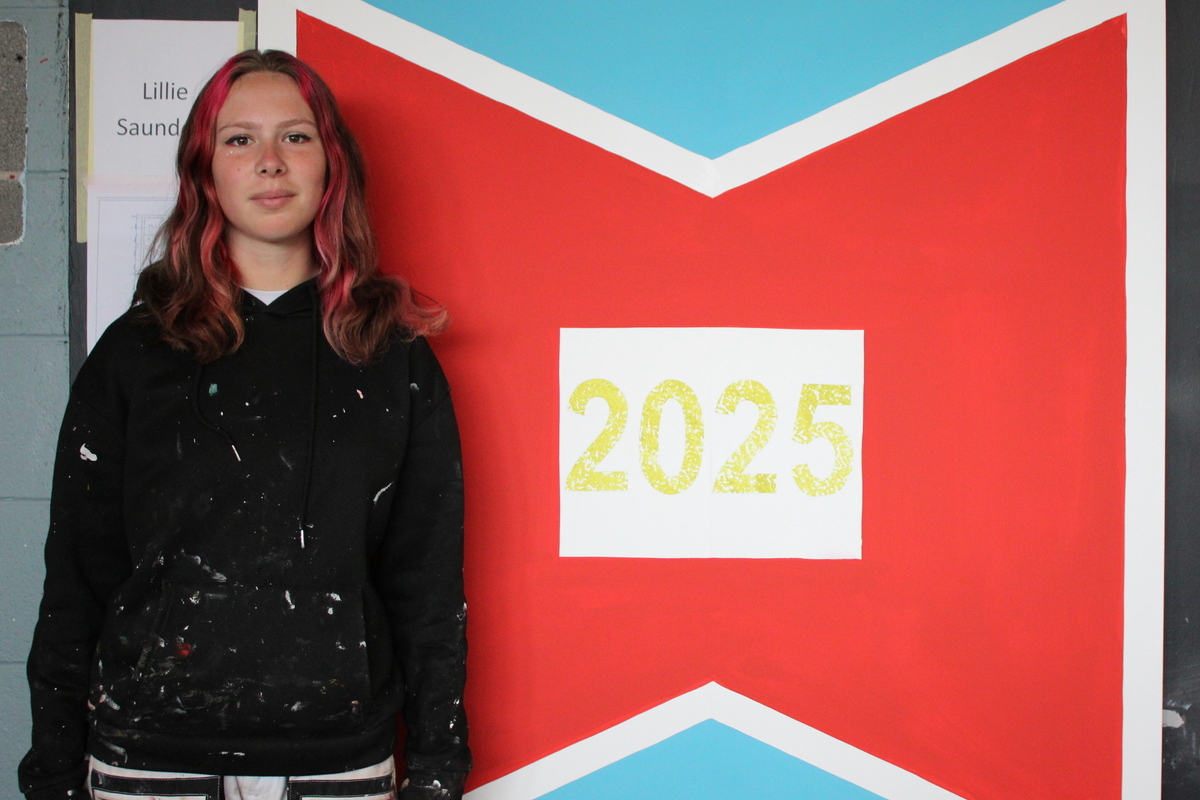

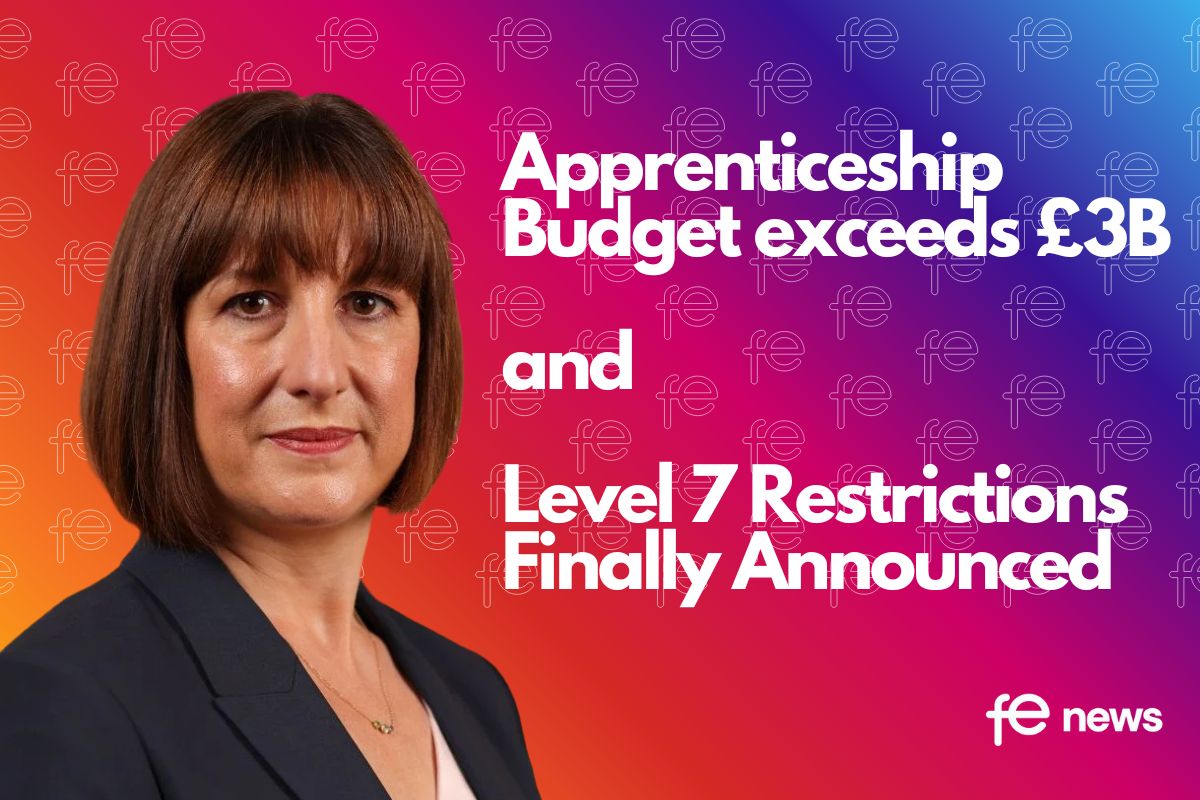
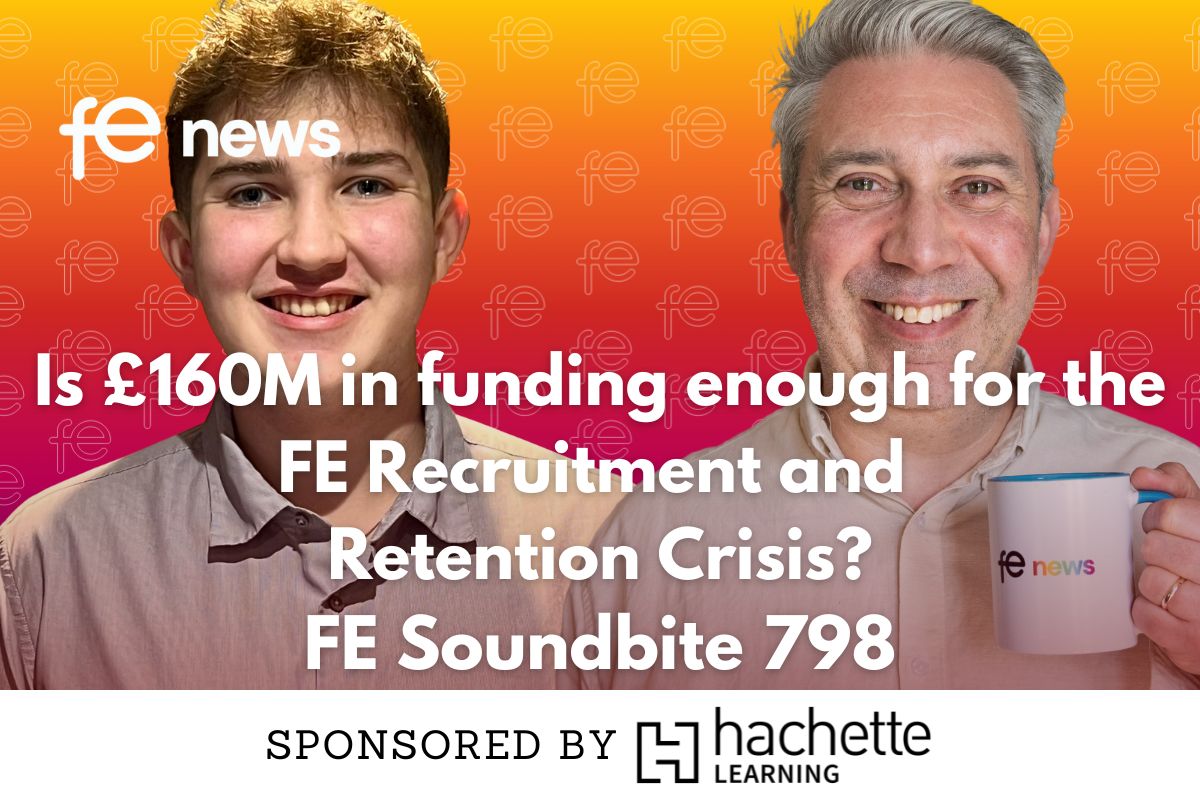
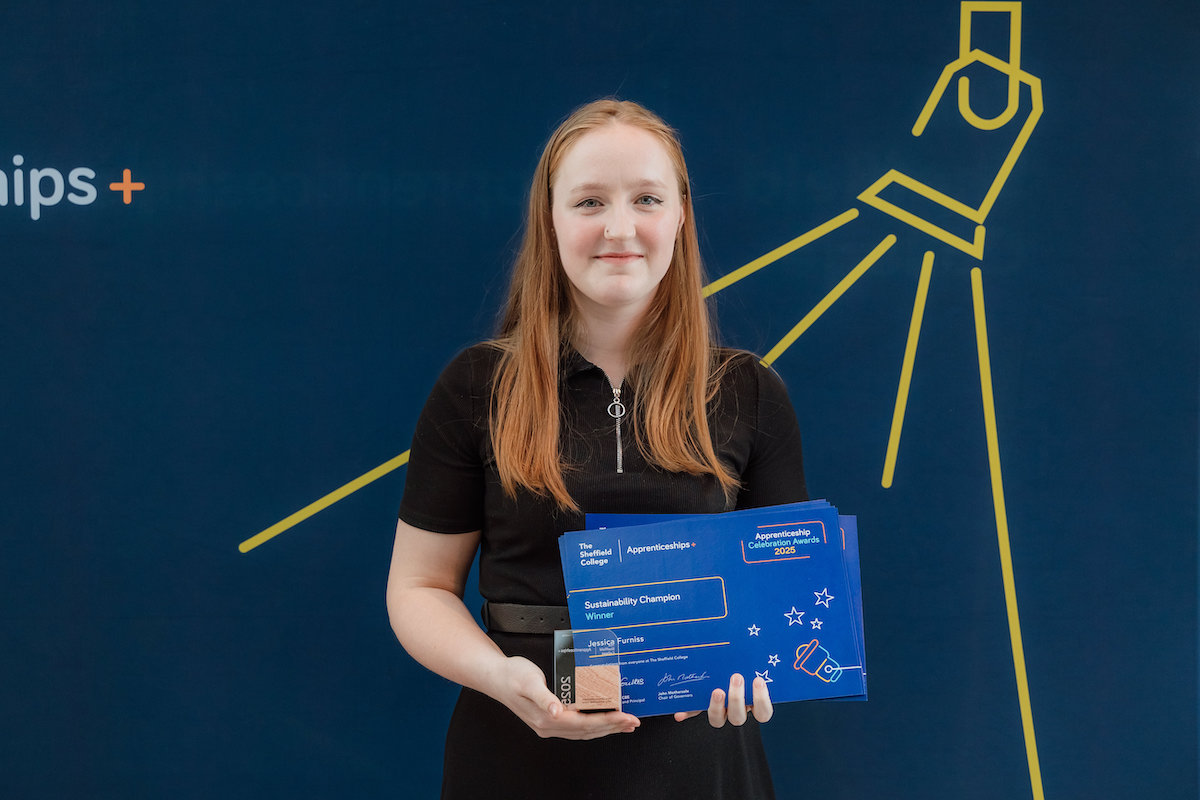
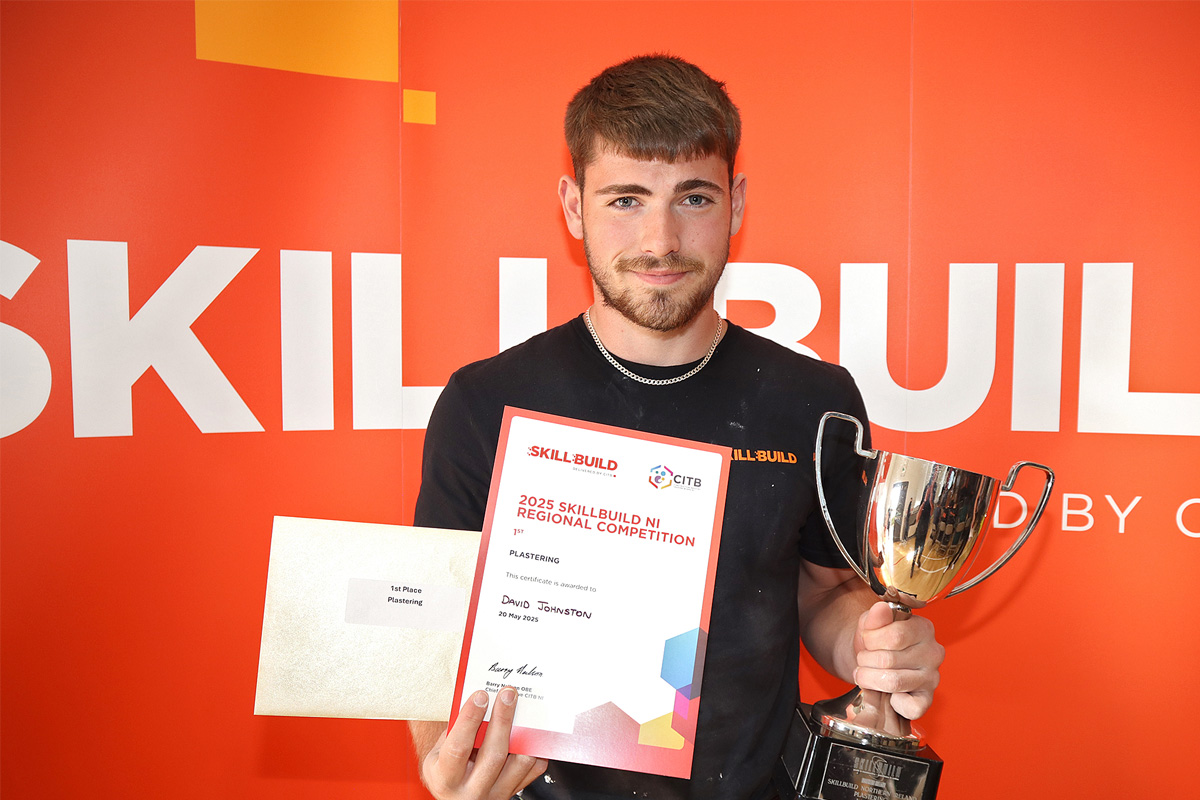
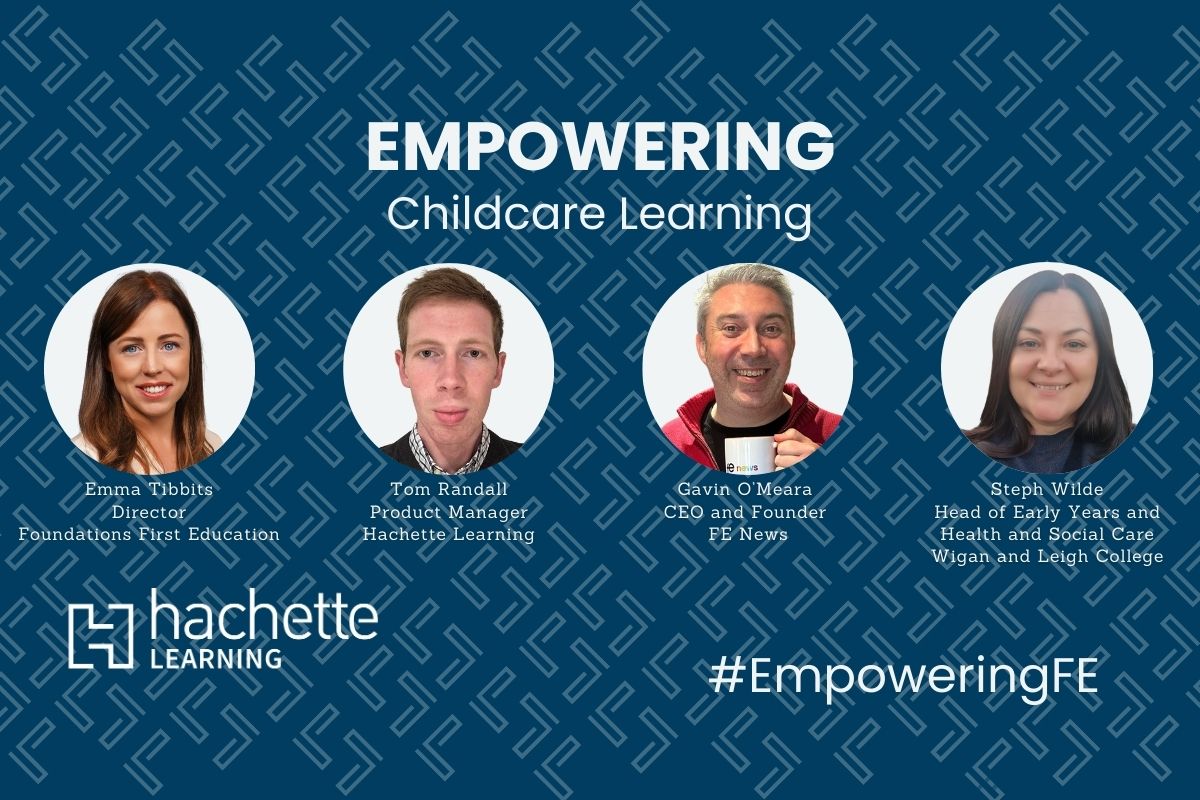

Responses